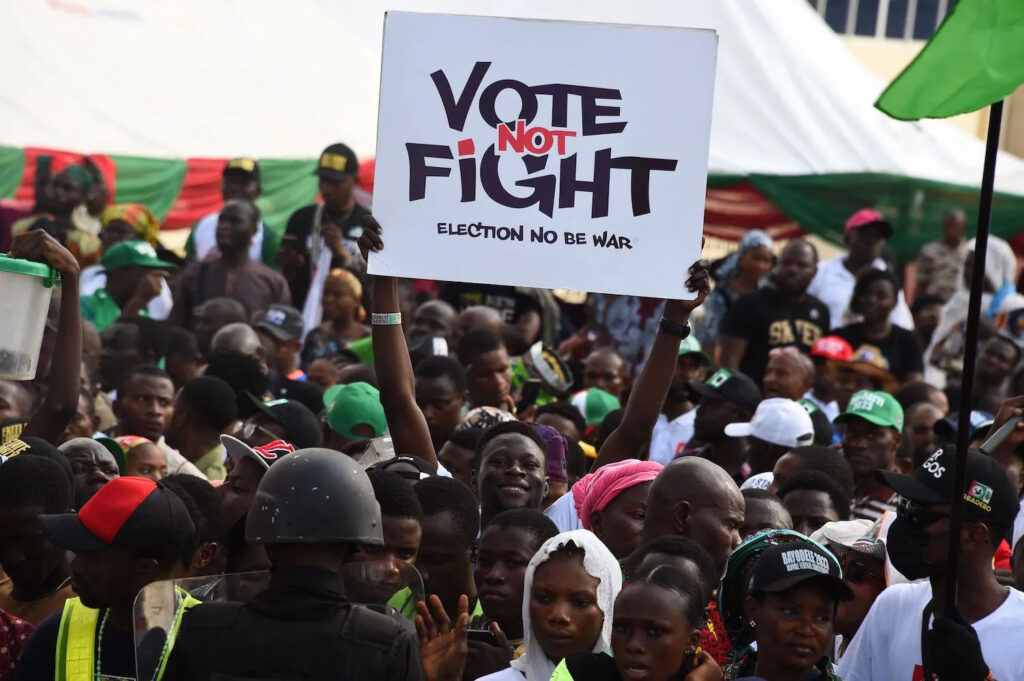
2023 promises to be a busy year for African politics and democracy as countries hold high-stakes elections.
Nigeria’s February general election has raised a great deal of expectation among young voters who are eager to see the end of President Muhammadu Buhari’s rule.
As the country grapples with an economic downturn and heightened insecurity, Nigerians hope that the exercise can bring in leaders with the vigour to tackle their country’s decline.
former Lagos state governor Bola Tinubu, People’s Democratic Party’s Atiku Abubakar and Peter Obi are the frontrunners in the race to succeed Buhari.
Sierra Leone
In June, Sierra Leone will hold presidential and parliamentary elections. President Julius Maada Bio is expected to seek a second term.
His Sierra Leone People’s Party will be hoping to retain its majority in the national assembly, which has been threatened by rising discontent over the high cost of living.
Zimbabwe
In Zimbabwe, President Emmerson Mnangagwa will be hoping to overcome a new challenge by opposition leader Nelson Chamisa whose Citizens Coalition for Change outfit has sought to galvanize the opposition and to correct the mistakes of 2018. In power since Zimbabwe’s independence, the ZANU-PF party will be hoping to extend its rule over the southern African country.
Liberia
Africa’s oldest republic is slated to hold presidential and parliamentary polls in October in what will be a milestone for a country still recovering from years of civil war and a devastating epidemic. President George Weah has faced criticism for failing to tackle rampant corruption and for being away from the country to watch the World Cup in Qatar while the country faced an economic downturn.
Gabon
President Ali Bongo looks set for re-election in Gabon after tacit endorsement by members of his Gabonese Democratic Party. Despite suffering a stroke which left him struggling to walk, the ruling party appears unwilling to retire its 63-year-old leader. The Bongo family has ruled over oil-rich Gabon since 1967.
DR Congo
In December, the Democratic Republic of Congo will hold a general election to choose a new president, national assembly and senate. In power since 2019, President Felix Tshisekedi is expected to seek a second term. Having fallen out with his predecessor whose support secured the presidency for him, Tshisekedi will have to find new allies to face an opposition which has long been doing its preps. Moise Katumbi has already declared intent to run.
With the east of the country embroiled in conflict, Tshisekedi might struggle to convince the Congolese he’s the change they seek.
Source: African News

